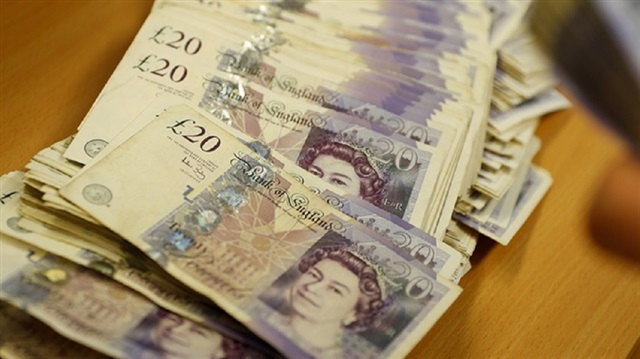
Sterling edged higher on Monday after posting its biggest weekly drop in a month last week against a broadly stable dollar as investors cut some large short positions, but Brexit concerns checked the gains.
On Monday, the pound edged a fifth of a percent higher at $1.2935 after falling 0.3 percent last week, its biggest drop since early August.
On the broader market, dollar bulls pared some of their aggressive long positions before strong U.S. jobs data last week, with the main beneficiaries being sterling and the euro.
Against the euro, the British currency was broadly flat at 89.40 pence.
Prime Minister Theresa May's Conservative Party faces a catastrophic split if she persists with her "Chequers" proposals, a former junior minister said. Steve Baker, an-ex Brexit minister who resigned over May's proposals for negotiating Britain's departure form the European Union and its future relationship with the bloc, said 80 or more of her lawmakers are prepared to vote against the plan.
Such public criticism, just a day after her former foreign minister, Boris Johnson, cast part of the plan as "a suicide vest" wrapped around the British constitution, indicates the level of opposition within the party.
The British currency had a volatile week as headlines on the progress of Brexit negotiations forced traders to switch positions rapidly in a currency market that is broadly short on the pound, based on positioning data.
A Reuters poll showed that sterling could rise as much as six percent in a year, but a Brexit without any deal between London and Brussels could see it falling as much as eight percent from current levels.


